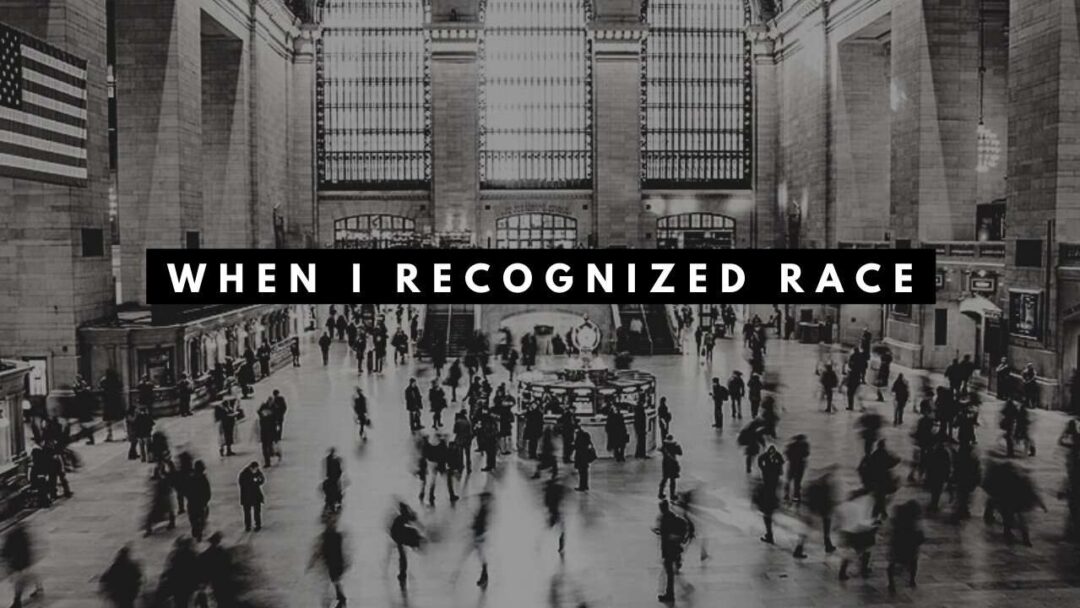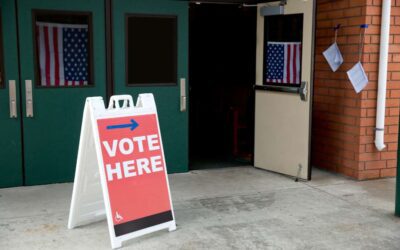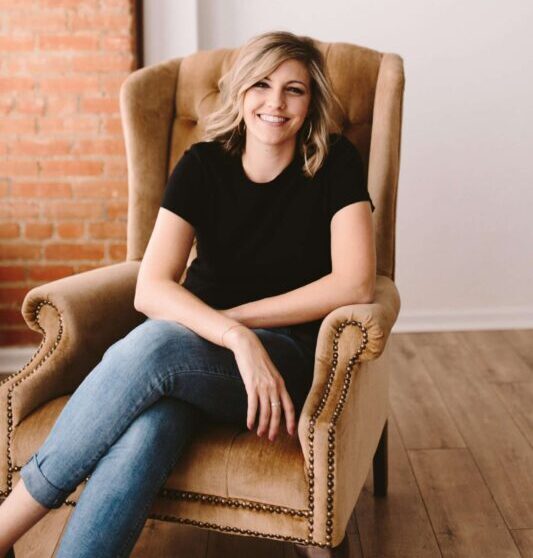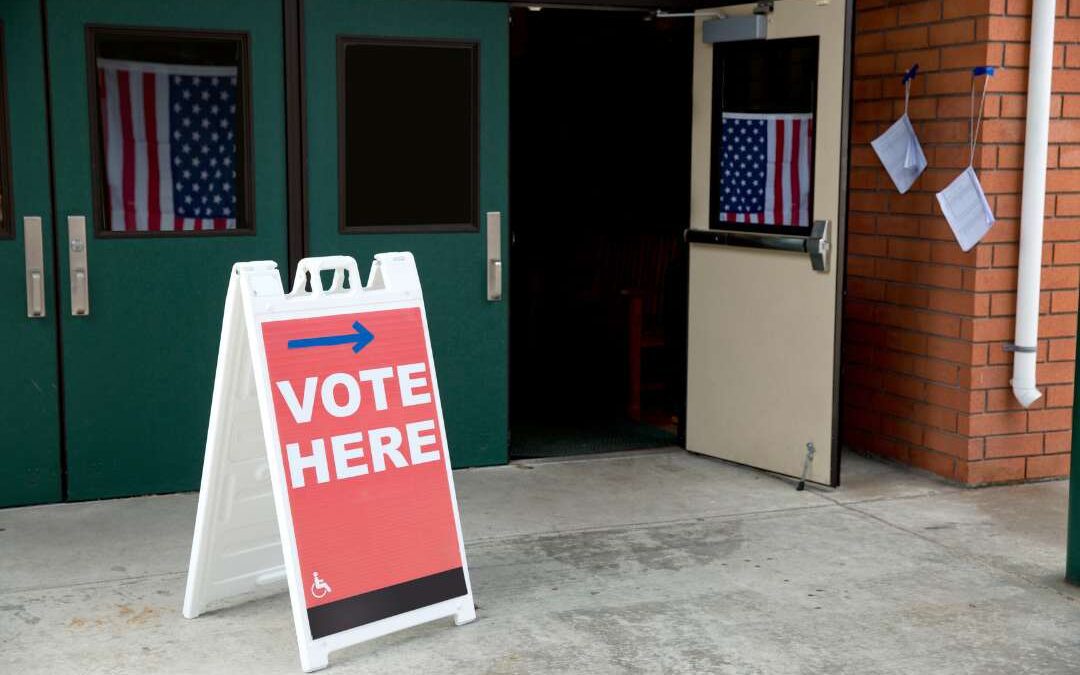Editor’s Note: This post is a part of a series called, “When I Recognized Race” in which brothers and sisters share about how they came to grapple with the realities of race and racism. The point of this series is not to convey, “Look at how racially conscious I am!” Rather, the point is to help brothers and sisters learn how to learn (or how not to learn) about race and to lament the realities that makes it necessary to learn. And yet God gives more grace. So, these posts are part testimony and part lament.
Like many young white people in America, I grew up assuming our country’s racial tensions melted away under the powerful warmth of Dr. Martin Luther King’s words in August 1963. From my vantage point—in my mainly white community and school—everyone seemed to be getting along and any black person I knew seemed to be happy and thriving. So racism was a thing of the past, right?
It’s not that I didn’t feel concerned about racial injustice, it’s just that I was not exposed to it. It didn’t affect me or anyone I knew and loved, and so I assumed, it wasn’t a big deal.
But that all changed when my friendships changed.
As a 20 year old, I married my singer-songwriter husband and we spent several years on the road together. During one of our tours we became friends with another opening act, a black singing group. As we swapped stories about our experiences in the music industry, it surprised us to hear how often race affected them—in the Christian music industry no less! The stories they shared shocked us. Was it true, that in 2008, African Americans in the United States were still met with such prejudice? Surely this was an anomaly.
But of course, it wasn’t.
Several years into marriage, we moved from a primarily white community near Houston to a primarily black community near Dallas. We began attending a church that is trying to take proactive steps toward racial reconciliation in our community. Because of this move, our friendships naturally began to diversify.
Taking the advice of our pastor, we tried to take the posture of humble learners in this delicate area of race. As our friendships deepened with our black friends, we began to ask questions about their lives and experiences. Over and over again, I found myself shocked and deeply grieved. For me, the brutalities of slavery and Jim Crow had been buried years ago. For my black friends, these atrocities still haunted and colored their reality and they had the stories to prove it.
It’s easier to care about issues when they affect those you love. When most of my closest friends were white, racism didn’t seem present or threatening. But as I built friendships with the black men and women in my community, my eyes were opened to the pain and fear that so many carry.
More than ever, I long for the full realization of Dr. King’s dream that “the sons of former slaves and the sons of former slave owners will be able to sit down together at the table of brotherhood.” But sadly, 56 years later, the abundant tension and misunderstanding keeps many of us at our own tables.
The truth is, our current situation is too complicated and painful for any one of us to solve. But as Christ-followers, there is something we can do — we can take steps to see Dr. King’s dream realized in our own lives. We can resist the urge to retreat to the safety of surrounding ourselves with people just like us. We can choose to befriend men and women who are different than us—in upbringing, in experience, in ethnicity, and in personality. We can lay aside our preferences and become humble learners. We can do more listening than talking. We can grieve with those who are grieving and mourn with those who are mourning. We can willingly shoulder the burdens of others by carrying them to God in prayer.
“Greater love has no one than this, that someone lay down his life for his friends.” (John 15:13) Brothers and sisters, let’s lay down our preferences for one another and carry one another to the throne of grace in prayer.
Prayer Requests:
- Ask the Lord to give you friendships with those who aren’t like you and to give you the posture of a humble learner in those friendships.
- Pray that God would make you a good question asker and a good listener and someone who is slow to speak.
- Ask the Lord to make our churches safe environments for these kinds of friendships to form.











